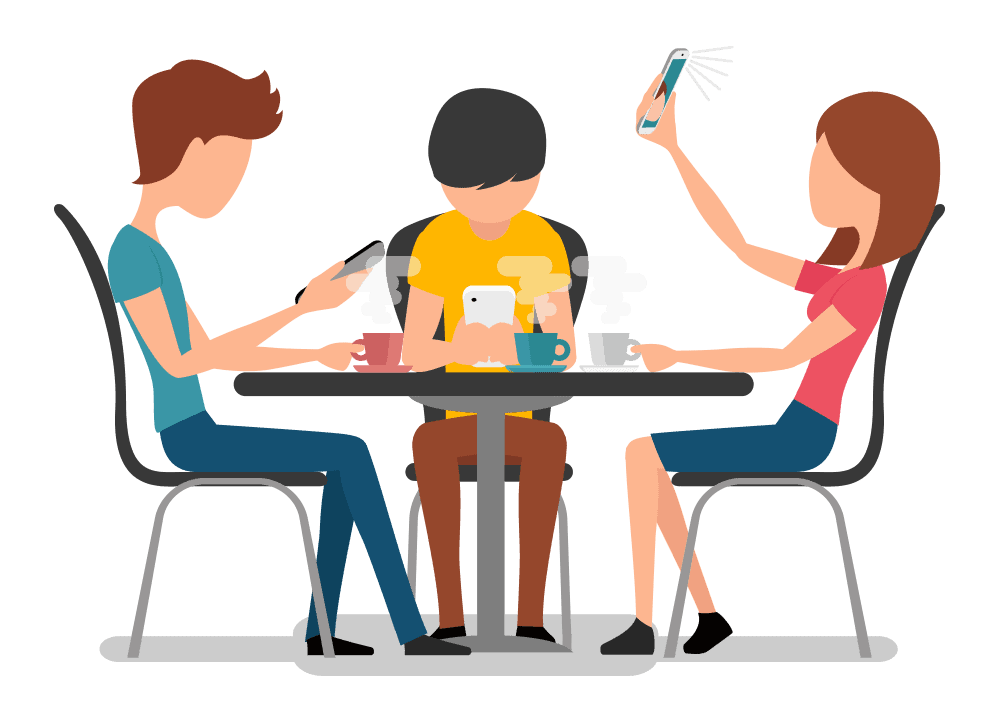Previewing the Paradigm Shift: Have Smartphones Destroyed a Generation
A paradigm shift is defined as a fundamental change in approach or underlying assumptions. This article discusses how smartphone use has completely changed a generation and it has started to effect them mentally, socially, and physically. The author calls everyone born between 1995 and 2012 to be part of the iGen, a group that is addicted to their smartphones and can’t keep their hands off them. The author Jean Twenge discusses how the generation is glued to their phones and think of their phones as an extension of themselves. They can’t even keep their phones away from themselves when they sleep, even though they are not going to use it in their sleep. IGen uses their phones before they go to sleep and right when they wake up.
In the past teenagers loved spending time with their friends in real life; hanging out at the movies or going out to eat. But this generation of teenagers would rather stay holed up in their bedroom chatting with their friends on all sorts of social media. They would rather have no connection to reality, they don’t even want to spend time with their family, they want to stay connected with their friends using the ease of social media. iGen does not even have to be independent, they do not even want their driver’s license because they do not have the urge to spend real time with their friends when they can do it over their smartphones. They can depend on their parents to drive them anywhere they want. Teenagers have changed from begging to be independent and more adult-like to not caring about it at all.
https://images.app.goo.gl/n18y5taGHPZWTTGL8
One of the main reasons that iGen is addicted to their phones is because of social media, like snap chat, Instagram and Twitter. These teenagers depend on these platforms to stay connected with each other and to see what people they know are doing. Because of all of these social media platforms, teenagers have developed major FOMO, which is the fear of missing out. iGen gets anxiety from being left out, social media has allowed teenagers to see what their peers are doing instantly and it makes them feel left out when they are not a part of it. Even with this side effect of social media, iGen would rather have a conversation on these platforms rather than a face to face conversation. This shift from one on one conversations has given iGen an abundance of anxiety when actually having a conversation in real life.

Adarsh, you tackled this post in a very unique way. As opposed to responding to Twenge’s claims in the first person, you kept it completely in the third, and I think it worked well for you. My favorite part was when you mentioned “FOMO” because this really is such a real thing! Good post!